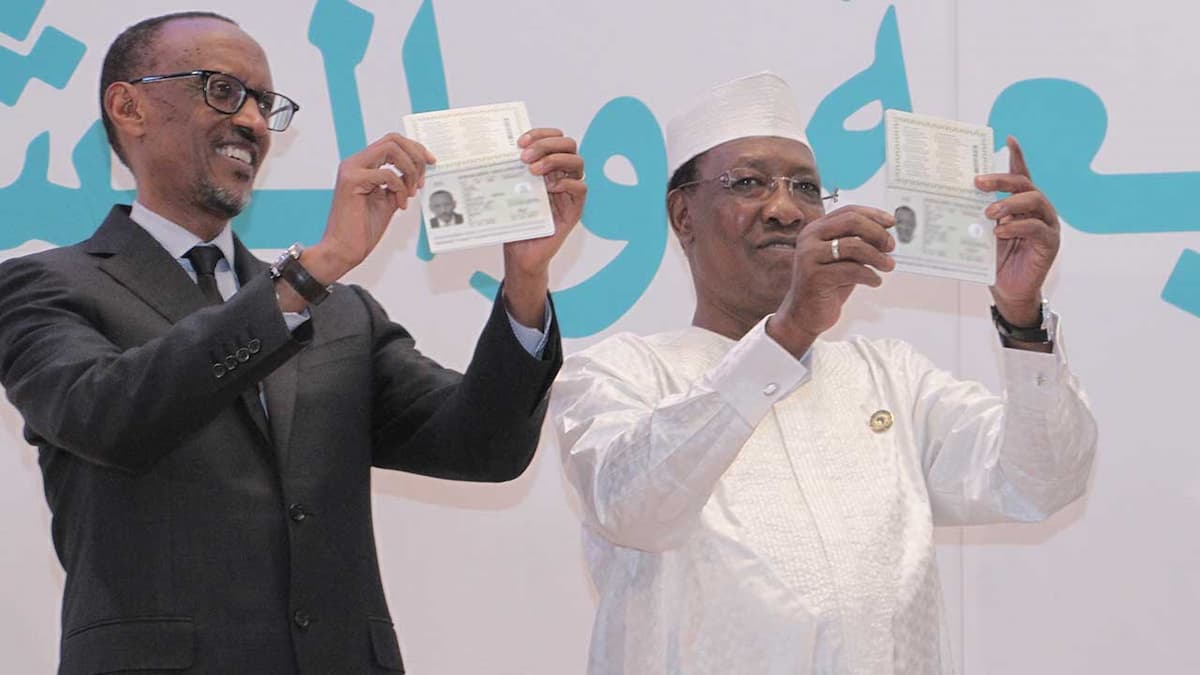Free Movement of Persons is an integral part of the African integration and along with the African Passport is one of the flagship projects of Agenda 2063.
Pursuant to this goal of integration, in January 2018 the Protocol to the Treaty establishing the African Economic Community relating to free movement of persons, right of residence and right of establishment was adopted by the AU Assembly. This was followed in March 2018 with the Agreement Establishing the African Free Trade Area, the Protocol on Trade in Goods, the Protocol on Trade in Services and the Protocol on Rules and Procedures on the Settlement of Disputes.
As a follow up to this, the African Union (AU) and the Regional Economic Communities (RECs) have developed a draft joint continental strategy to accelerate the Right of Entry for the Protocol to the treaty establishing the African Economic Communities relating to the Free Movement of Persons, Right of Residence and Right of Establishment. The strategy aims to ensure that RECs and Member States popularise and promote the adopted African Passport as one of the key mechanisms through which free movement of persons will be realised.
The implementation of the Protocol will evolve through three phases namely, right of entry, right of residence and right of establishment and the introduction of the African passport adopted during the February 2019 AU Summit, will act as a major catalyst for the Protocol especially the right of entry, according to AU Commissioner for Political Affairs Ms. Minata Samate Cessouma.
33 Member States have so far signed the protocol, and 4 ratifications have been deposited by Rwanda, Niger, Mali and Sao Tome and Principe. Technical specifications of the African Passport were also developed in collaboration with the International Civil Aviation Organization (ICAO), the International Organization for Migration (IOM), RECs and Member States.






